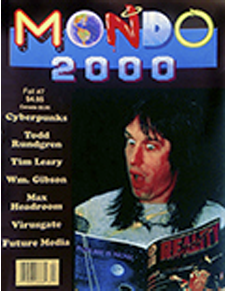 In social media nobody can hear anybody scream their messages if they are posted the wrong time, but some recent data may make things a little more time-effective.
In social media nobody can hear anybody scream their messages if they are posted the wrong time, but some recent data may make things a little more time-effective.
According to RadiumOne’s po.st tool and the data received from more than 10,000 publishers reveals that social network traffic peaks between 10am-12pm and 8pm-10pm as workers go on lunch and arrive home from work.
This may seem retchingly obvious, but the data also shares marked differences between each social media channel and the device used to post status updates and messages.
Somewhat surprisingly, the optimal time for Facebook is around 5pm, which goes against received wisdom that 9pm is the time for people to get active on that channel.
Twitter comes in at 1pm and the spoilt orphan of Google + is at 10am, underscoring the fact that most people just want to get that channel out of the way. Lip service some might call it.
As for deivices, mobile is busiest at 10am, tablets at 1pm and fixed-line computers at 9pm, which again seems to make sense, although data that doesn’t mention LinkedIn when it comes to social seems more than a little odd. For professional people, LinkedIn is now almost like email in its ubiquity.
When it comes to blogging, the report doesn’t mention optimal times, but if you’re reading this, I suppose it doesn’t really matter what time it is.
Good content will invariably out, but in a digital age where using digital tricks and linking is as important, if not more important, than content, knowing what time to post is probably as useful as anything else out there.
To find out more about the RadiumOne data, please go to po.st and all will be revealed, although I can’t tell you the optimal time to do so… you’ll just have to do it for yourself.
 A new study from GamesGRABR, the gaming social network, has found that nearly half of UK gamers prefer content that is recommended by friends and other social networks to traditional search engines such as Google.
A new study from GamesGRABR, the gaming social network, has found that nearly half of UK gamers prefer content that is recommended by friends and other social networks to traditional search engines such as Google.


